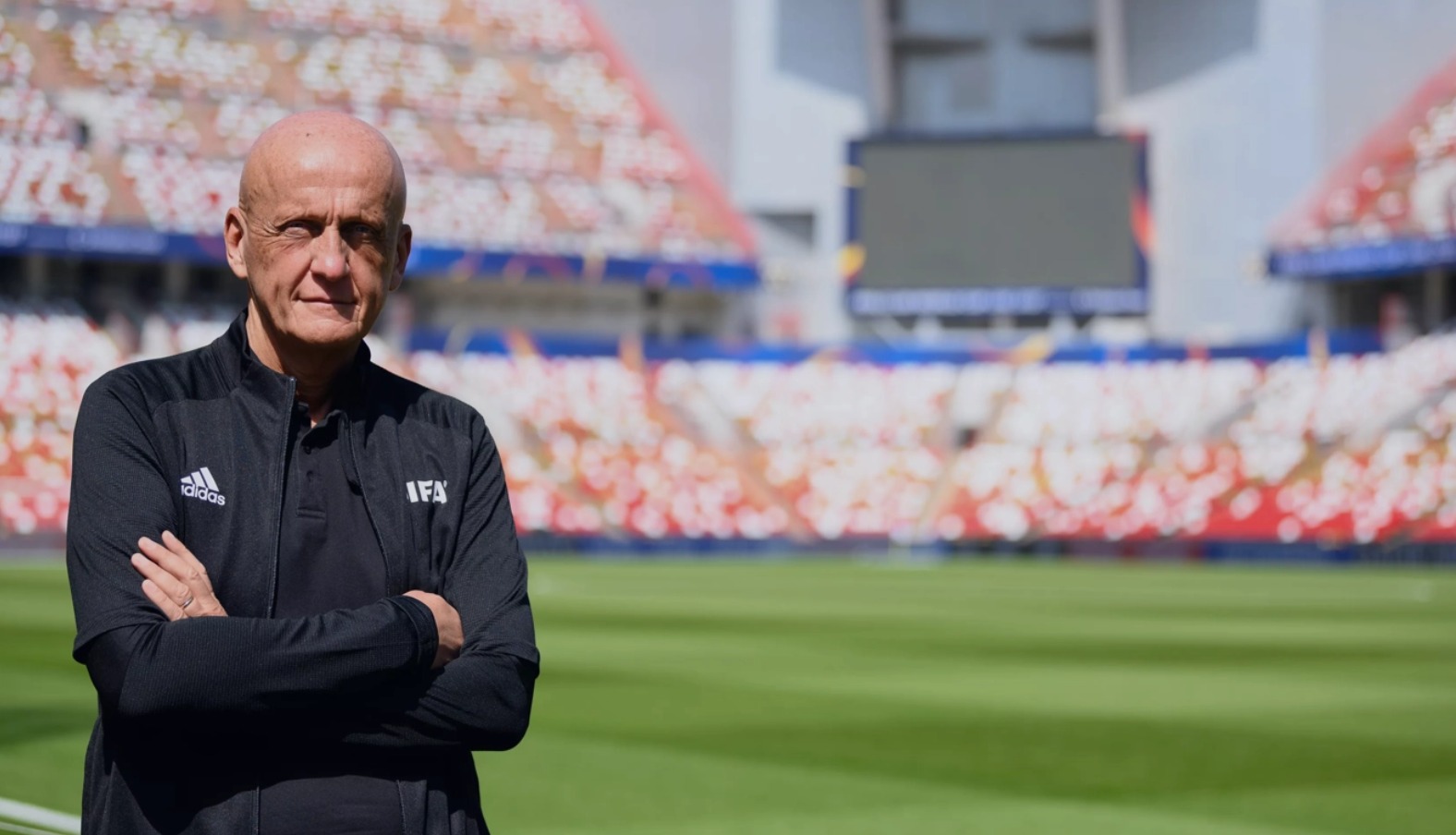We use cookies to help you navigate efficiently and perform certain functions. You will find detailed information about all cookies under each consent category below.
The cookies that are categorized as "Necessary" are stored on your browser as they are essential for enabling the basic functionalities of the site. ...
Necessary cookies are required to enable the basic features of this site, such as providing secure log-in or adjusting your consent preferences. These cookies do not store any personally identifiable data.
Functional cookies help perform certain functionalities like sharing the content of the website on social media platforms, collecting feedback, and other third-party features.
Analytical cookies are used to understand how visitors interact with the website. These cookies help provide information on metrics such as the number of visitors, bounce rate, traffic source, etc.
Performance cookies are used to understand and analyze the key performance indexes of the website which helps in delivering a better user experience for the visitors.
Advertisement cookies are used to provide visitors with customized advertisements based on the pages you visited previously and to analyze the effectiveness of the ad campaigns.

Whether it's a soccer match at the FIFA World Cup or on a park pitch anywhere in the world, the Laws of the Game are universal. How are they determined, and who decides them?
The International Football Association Board (IFAB) is the independent guarantor of the Laws of the Game and the only body authorized to decide and approve changes to the Laws of the Game. Listening to the soccer community, its aim is to improve and develop the game for players, match officials and fans, while protecting and enhancing the spirit and simplicity of soccer.
At its Annual Business Meeting (ABM) held at Wembley Stadium in London on January 18, 2023, the IFAB followed up on the recommendations made by its soccer and technical advisory panels in October 2022.
It agreed that live communication of video-assisted refereeing (VAR) decisions to the public
- both in the stadium and via broadcasters
- would be trialed for 12 months in international competitions, and would initially be rolled out at the FIFA Club World Cup™ in Morocco, which began on February 1.
With three matches already played in Rabat and Tangier, we spoke to FIFA Referees Committee Chairman Pierluigi Collina.
"We decided to proceed with this trial because we have received requests for the decision taken by the referee after a VAR intervention to be more understandable for all soccer stakeholders, namely the spectators at the stadium, or in front of the television," he explained.
"Because language can be one of the issues, we thought this FIFA Club World Cup would be perfect because it's a multilingual competition, with teams and, of course, spectators coming from six continents."
The trial is something that global soccer fans will certainly consider an innovation, although in some other sports the use of this technology to inform fans of match officials' decisions is more common.
"I have to say that there are other experiences in other sports, namely the NFL in American soccer, which has been doing this for quite some time. It seems like the referees are pretty comfortable with it," Collina continued.
"In soccer, language can be an issue, especially when you have to make that announcement in a language that is not your native language. It may not be very easy. But because the announcement will be fairly concise, I'm very confident that the referees will feel comfortable with it."
The trial will continue until the final in Rabat on February 12, with discussions underway regarding another trial at the FIFA U-20 World Cup in Indonesia later this year. Depending on the results of those trials, use at the 2023™ FIFA Women's World Cup Australia and New Zealand in July and August is not out of the question.